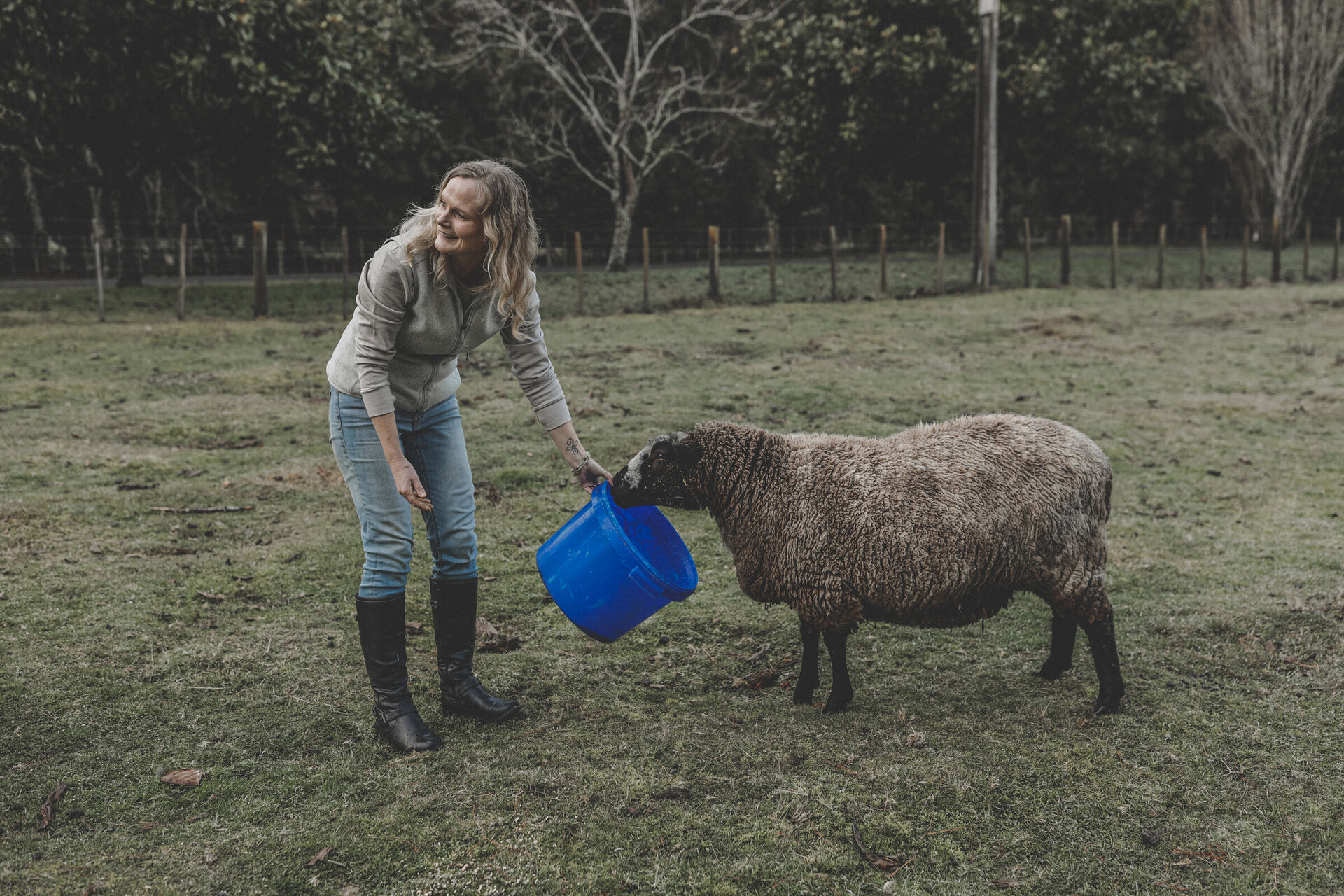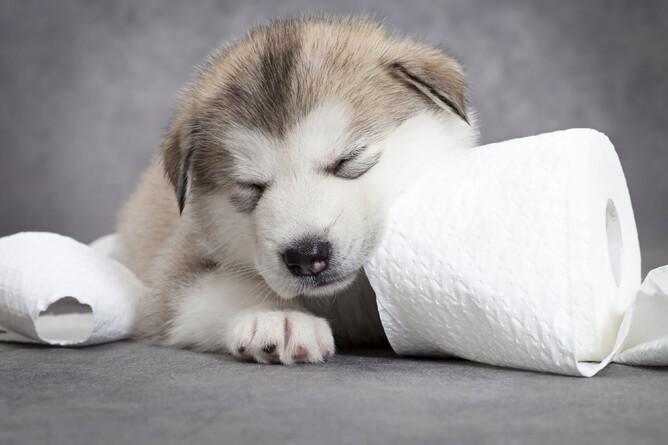When you gotta go, you gotta go!
Did you know I have never really toilet trained a puppy before. Omg, shock, horror but yes it is true! Koda and Willow just somehow toilet trained themselves. Libi was 2 years old when she came into our pack so she was already toilet trained.
I'm not sure what happened with Puppy A though, I think the memo got lost on this one!
It has been an education that is for sure. At times it has been frustrating. At times it has been rewarding. At times, I have thought I have lost my sanity due to lack of sleep (thank you Cocculus homeopathic remedy).
Puppy A was somewhere between 6-8 weeks when our fostering journey begun.
Puppy A's bladder was probably the size of a pea. Puppy A needed to go outside to the toilet at least every 1-2 hours.
Every puppy is different. There are several factors that play a part in how often your puppy needs to pee:
- Age
- Breed
- Size
- Diet (including how much they drink)
The general rule of thumb is that your puppy can hold on for one hour for every month of age. So for example if your puppy is 8 weeks old then they can probably hold on for 2 hours.
With Puppy A I did a lot of observing. I wanted to see if there were any “cues” in regards to needing to go outside. Puppy A isn’t very vocal so I really had to watch for other signals e.g. restlessness.
Getting into a routine is a life saver as well. Puppy A knew exactly what was required and what was expected.
The toilet routine that worked with Puppy A, Willow and I was the below:
- As soon as I got up in the morning (usually 6am)
- During the day – every 2 hours outside
- Before I went to bed then again at about 3-4 o'clock in the morning
- After every meal (Puppy A was being fed 3 times a day)
- After a drink
This seemed to work well. As the weeks went on we managed to forgo the 3-4 o'clock pee (thank heavens for that).
I also kept puppy on a lead when it was toilet time. I also stopped Willow from going out with us. The reason around this is that Puppy A thought it was play time and was not focused on the job at all, play was far more important.
The lead also helped keep Puppy A focused. Without the lead Puppy A would disappear into the garden, find sticks to chew on and let’s be honest muck around. Their focus is very very limited at this early age and they are so easily distracted. I would just walk Puppy A up and down the backyard until we got a result! Exercise stimulates bowel motions!
I also used the word “toilet” when Puppy A started to pee. Puppy A is now associating the word “toilet” with peeing. It is all about repetition. I also rewarded Puppy A with a cuddle when the required outcome was achieved.
We have had a few accidents inside. This is pretty much unavoidable and yes it is going to happen, it’s just a matter of when. And guess what, these accidents were entirely my fault. I was the one who was distracted and didn’t follow through on the toilet routine.
Some puppies can be a little bit slower to pick up on the routine and what is being asked.
There is a homeopathic remedy called Baryta Carb that is an absolute god-send for some puppy guardians.
This remedy can be very useful when the puppy just can't seem to grasp the concept. Usually these puppies will suffer severe anxiety as well. This remedy worked a real treat on a client’s puppy. The decrease in accidents in the house was noticeable very quickly, and over a few days these accidents stopped completely.
Toilet training can be frustrating. I myself have had to count to 10 and take some very deep breathes.
At the end of the day, it isn’t the puppies fault. They will get it eventually. Routine and perseverance is key to this oh and patience!
If your puppy is one of those that can't quite grasp the concept then please get in contact. Don't keep struggling and getting even more frustrated.
Toilet training is just one of the many topics I will be covering in the “Puppy On-board Support group, you still have time to register – link as below:
https://www.wildremedy.co.nz/shop/product/576533/puppy-on-board-support-group/



